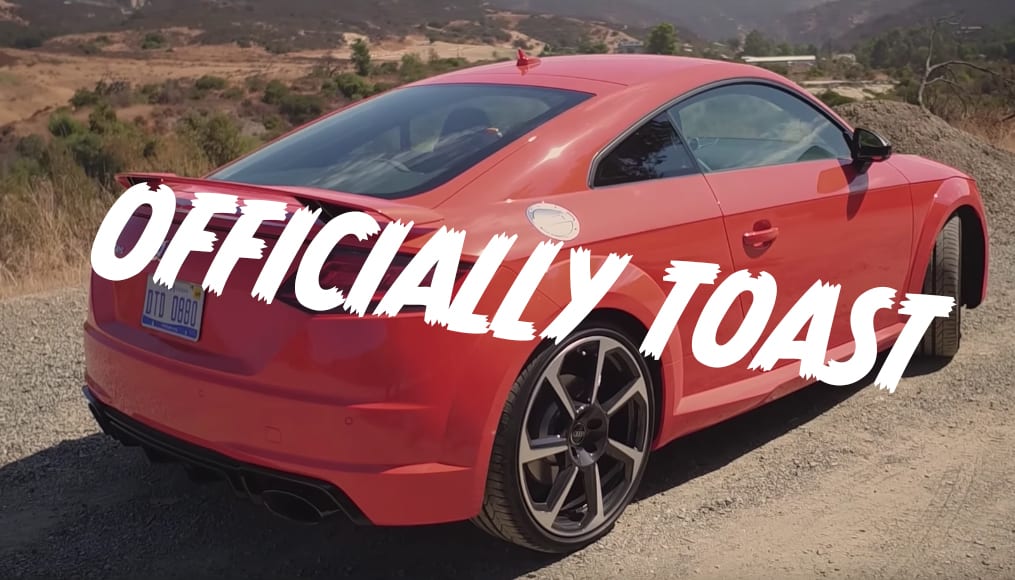Audi has killed off the TT. In an effort to create space for more electric options, the TT has gone away. I can’t help thinking that the TT could’ve perhaps survived had it morphed into an EV. A sporting EV variant to round out a potential lineup filled with electrified vehicles for everyone.
Make a TT RS E-Tron version too, while you’re at it.
What other vehicles out there might be well served with an electric version? Something like a Focus wagon would be great. Electric pickups will be an interesting option. But what else would yo like to see electrified?


Leave a Reply